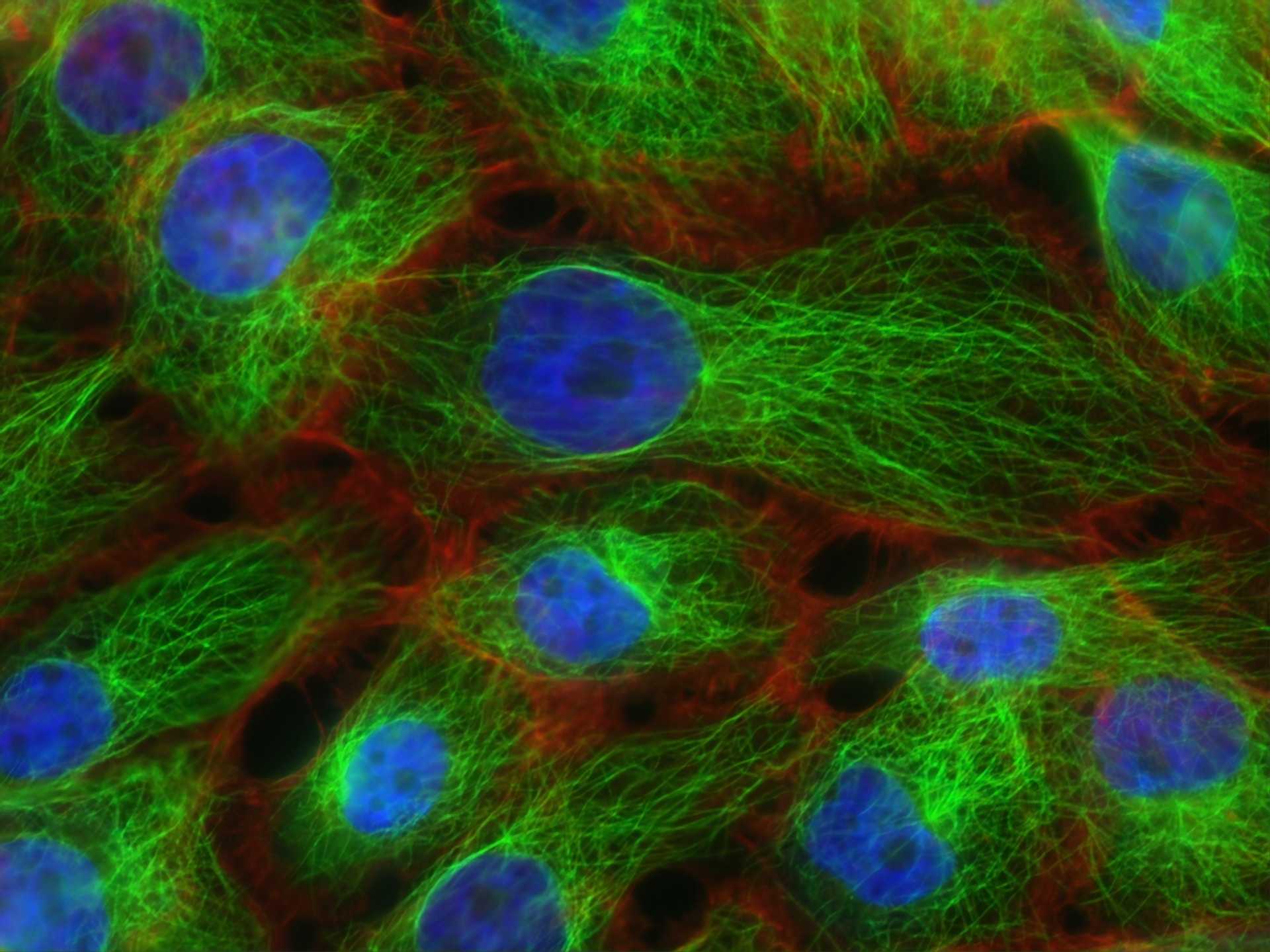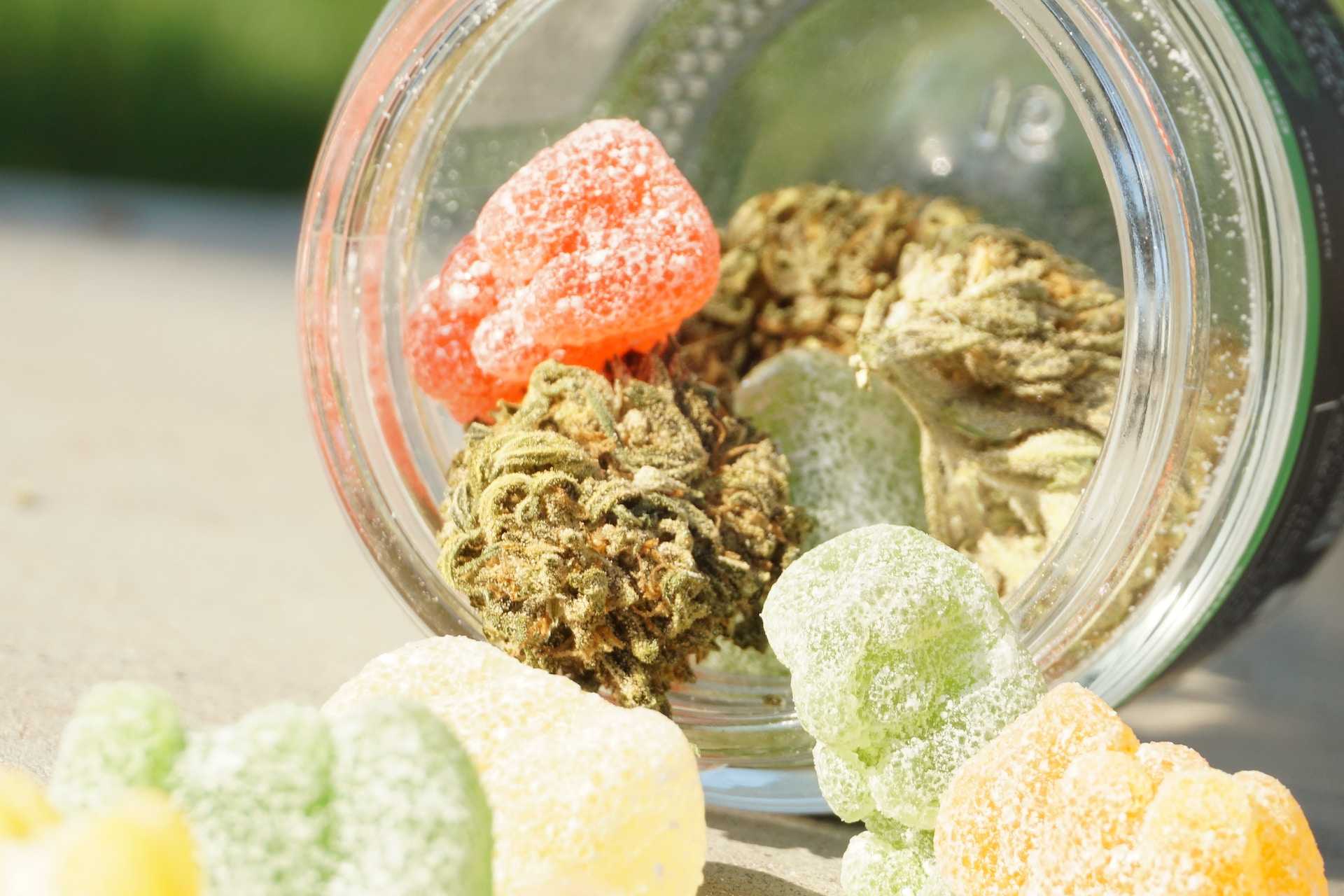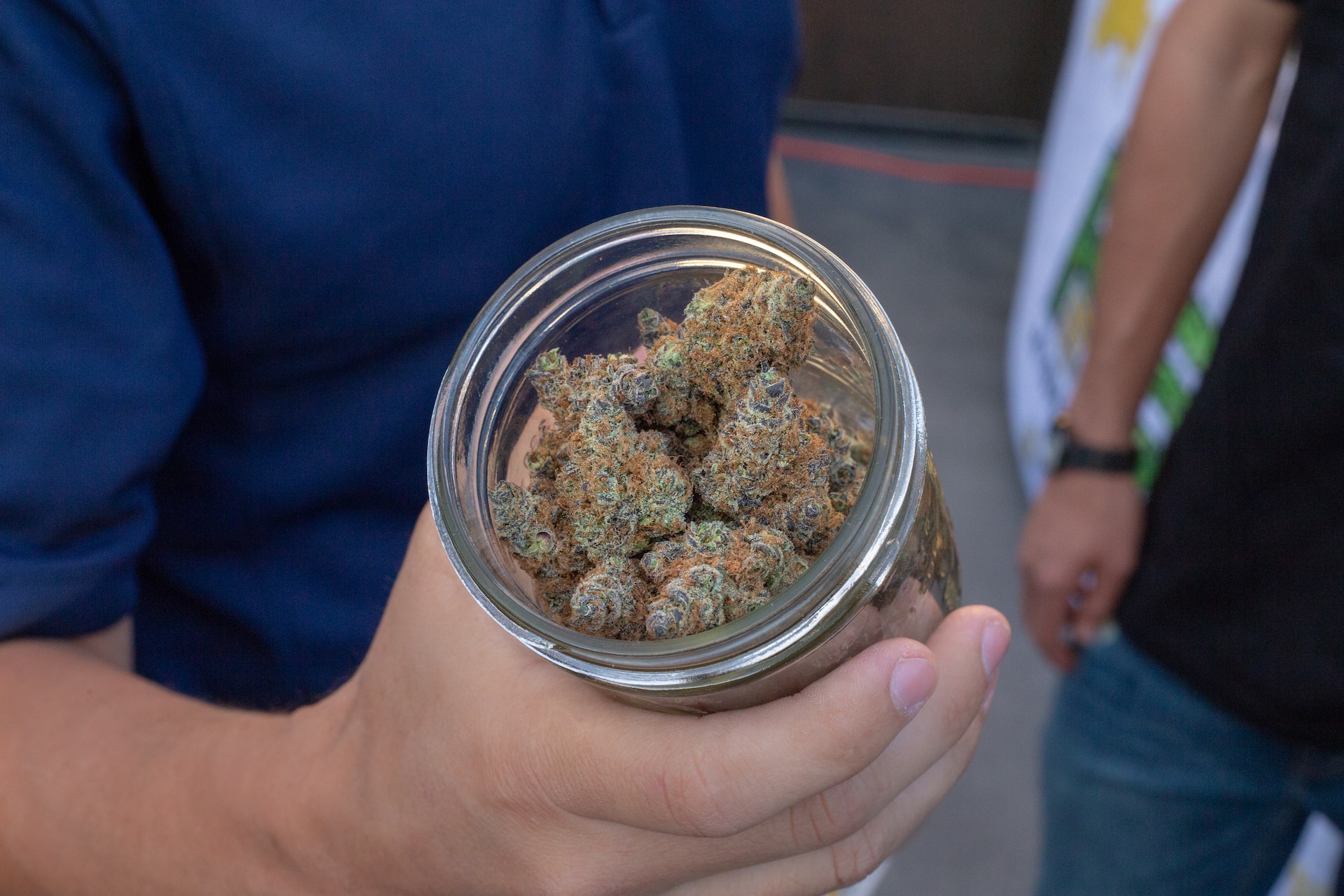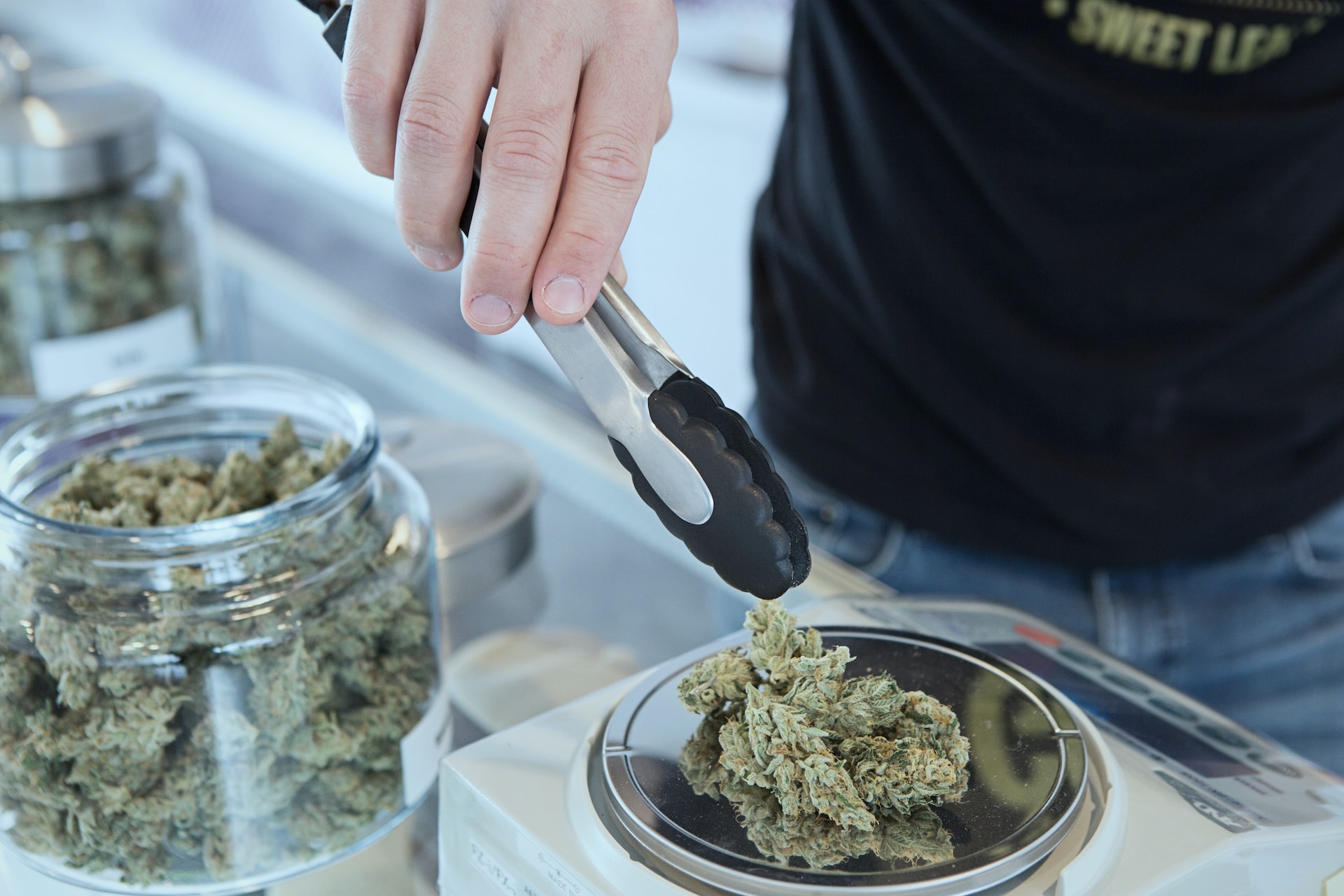Unraveling the Truth About CBD: Debunking Common Myths and Clarifying Misunderstandings
Dispelling the Misconceptions: A Comprehensive Guide to CBD
Myth #1: CBD is Non-Psychoactive and Medical; THC is Recreational
Unveiling the Psychoactive Power of CBD: Separating Fact from Fiction
In the world of cannabinoids, CBD (cannabidiol) has emerged as a prominent player, captivating the attention of researchers, healthcare professionals, and individuals seeking alternative treatment options. Derived from the cannabis plant, CBD is gradually gaining recognition as a potential solution for various health concerns. However, amidst its growing popularity, there are prevalent misconceptions that need to be addressed and clarified. Join us as we delve into the complex world of CBD, separating fact from fiction, and exploring the true potential of this remarkable compound.
One of the most common misunderstandings surrounding CBD is its classification as a “non-psychoactive” substance, leading people to believe that it has no impact on one’s state of consciousness. However, scientific studies have revealed that CBD possesses a variety of effects on our psyche, including anti-anxiety, anti-psychotic, anti-craving, alerting, and mood-elevating properties. While CBD may not impair mental or physical function in consumers, it undeniably has psychoactive effects, albeit in a “non-intoxicating” manner.
The dichotomy of labeling CBD as strictly medical and THC (Tetrahydrocannabinol) as recreational oversimplifies the intricate nature of cannabinoids. Both CBD and THC have significant therapeutic potential, as demonstrated by numerous clinical trials. While CBD offers clear medicinal benefits, it is less likely to be used recreationally due to its absence of a strongly pleasurable or “rewarding” effect.
Myth #2: CBD is Sedating
Awakening the Truth: CBD as an Alerting Agent, Not a Sedative
Another misconception that requires clarification is the belief that CBD is sedating. Contrary to this notion, CBD is actually known to have alerting properties. It counteracts the sedative effects often associated with THC, prolongs sleep time, and reduces the “hangover” effect caused by THC. The misconception of CBD as a sedative may originate from cannabis strains that are high in CBD, which may also contain significant amounts of myrcene, a terpene known for its sedative effects. However, it is crucial to recognize CBD’s alerting nature and dispel the misconception of it inducing sedation.
Myth #3: A Little CBD is Enough
The Power of Dosage: Unleashing the Potential of CBD with Optimal Amounts
There is a prevailing belief that only a small amount of CBD is necessary to experience its benefits. However, it is important to acknowledge that higher doses of CBD can often yield greater benefits, particularly when used without significant quantities of THC. The reason behind this lies in the fact that CBD, milligram for milligram, is less potent than THC when it comes to relieving symptoms. This does not undermine the value of low-dose CBD, which some individuals find beneficial for increasing alertness and mental clarity. However, for individuals seeking more substantial relief, higher doses of CBD may be beneficial or even necessary.
Myth #4: CBD is the Same from Hemp, Medical Cannabis, or Isolate
Unveiling the Spectrum of CBD: Understanding the Influence of Source and Composition
While the chemical structure of CBD remains identical regardless of its origin, the effects of CBD products can differ based on their source. CBD works synergistically with other phytochemicals found in the cannabis plant, especially THC, enhancing the therapeutic effects of CBD while reducing the potential adverse effects of THC.
CBD derived from hemp may be less efficient due to the need for larger amounts of starting material to extract CBD, increasing the risk of contaminants. Moreover, the hemp-based CBD industry faces concerns regarding mislabeling, underscoring the importance of careful sourcing and verification of CBD products.
Myth #5: CBD is Not Psychoactive
Beyond the Stereotype: Recognizing the Psychoactive Nature of CBD
Contrary to popular belief, CBD should be acknowledged as a compound with psychoactive effects, albeit in a non-intoxicating manner. As mentioned earlier, CBD has a variety of impacts on the psyche and plays a role in promoting relaxation and calm without impairing cognitive function. While THC can lead to intoxication, CBD’s effects are predominantly characterized by relaxation and an enhanced sense of well-being.
Myth #6: High Doses of CBD are Unnecessary
Decoding Dosage: The Individualized Approach to Harnessing CBD's Benefits
A common misconception surrounding CBD is that high doses are unnecessary or potentially harmful. However, this overlooks the fact that the efficacy of CBD can vary depending on various factors, including individual physiology, specific symptoms being treated, and the presence of other cannabinoids in the system. While low doses of CBD can be effective for certain individuals and conditions, higher doses may prove beneficial or even necessary for others. It is essential to adopt a personalized dosing approach to fully unlock the potential benefits of CBD.
Exploring the Potential Benefits of CBD in Pain Management
One area where CBD has shown promise is in the management of pain. Chronic pain affects millions of individuals worldwide and is often a complex condition to treat. CBD has garnered attention for its potential as an alternative or complementary treatment for various types of pain, including acute pain, neuropathic pain, joint pain, and even multiple sclerosis (MS)-related neuropathic pain.
Numerous studies have explored the mechanisms through which CBD exerts its pain-relieving effects. It is believed that CBD interacts with receptors in the endocannabinoid system, influencing pain perception and reducing inflammation. By modulating these pathways, CBD has demonstrated positive effects in alleviating pain symptoms in preclinical and clinical trials.
When it comes to acute pain, such as postoperative discomfort or injury-related pain, CBD has shown promise as a non-addictive alternative to traditional pain medications. Its anti-inflammatory properties and ability to modulate pain perception make it an attractive option for individuals seeking natural alternatives to prescription medications.
In the realm of chronic pain management, CBD’s potential lies in its ability to address both the physical and psychological aspects of pain. Chronic pain often involves a complex interplay of physical discomfort and emotional distress. CBD’s anxiolytic and mood-elevating effects can contribute to a holistic approach to pain management, addressing not only the physical symptoms but also the emotional toll it takes on individuals.
Furthermore, CBD offers an intriguing avenue for pain relief without the potential for addiction or the adverse side effects associated with certain prescription medications. This makes it an appealing option for individuals looking to enhance their quality of life while minimizing the risks often associated with long-term medication use.
Navigating the World of CBD: Quality and Safety Considerations
As with any dietary supplement or medication, it is crucial to prioritize quality and safety when selecting CBD products. The market is flooded with various cannabis products, making it essential to discern high-quality CBD products from subpar ones.
When seeking CBD products, look for reputable brands that prioritize transparency and provide third-party lab testing results. This ensures that the product contains the stated amount of CBD and is free from contaminants such as pesticides, heavy metals, and residual solvents.
Additionally, it is important to be aware of potential interactions between CBD and other medications. While CBD is generally well-tolerated, it can interact with certain medications, particularly those metabolized by the liver. If you are taking prescription medications, consult with a healthcare professional to ensure CBD is safe and appropriate for you.
Another consideration is the potential for positive drug tests. While CBD itself is unlikely to cause a positive result on a drug test, it is possible for certain cannabis products, particularly those derived from marijuana and containing higher levels of THC, to result in a positive test. If you are subject to drug testing, it is advisable to opt for THC-free or CBD isolate products.
Harnessing the Benefits of CBD: The Future of Cannabis in Wellness
As research into CBD and the cannabis plant continues to expand, we are gradually uncovering the numerous potential benefits they hold. From pain management and anxiety relief to improved sleep and overall well-being, CBD-rich products are revolutionizing the way we approach health and wellness.
While there is still much to learn about the full spectrum of therapeutic effects offered by CBD and cannabis, one thing remains clear: the potential for CBD to positively impact our lives is immense. By choosing high-quality CBD products, understanding the optimal dosage for your specific needs, and consulting with healthcare professionals, you can harness the benefits of CBD and embark on a journey towards enhanced well-being.
In conclusion, CBD has emerged as a powerful player in the realm of alternative treatments for various health conditions, including pain management. By dispelling common myths surrounding CBD and clarifying misunderstandings, we can pave the way for a more informed and enlightened approach to its usage. As we continue to explore the potential of cannabinoids, particularly CBD, we are opening new doors to improved health and well-being. Embrace the potential of high-quality CBD products and unlock the benefits of this extraordinary compound.






